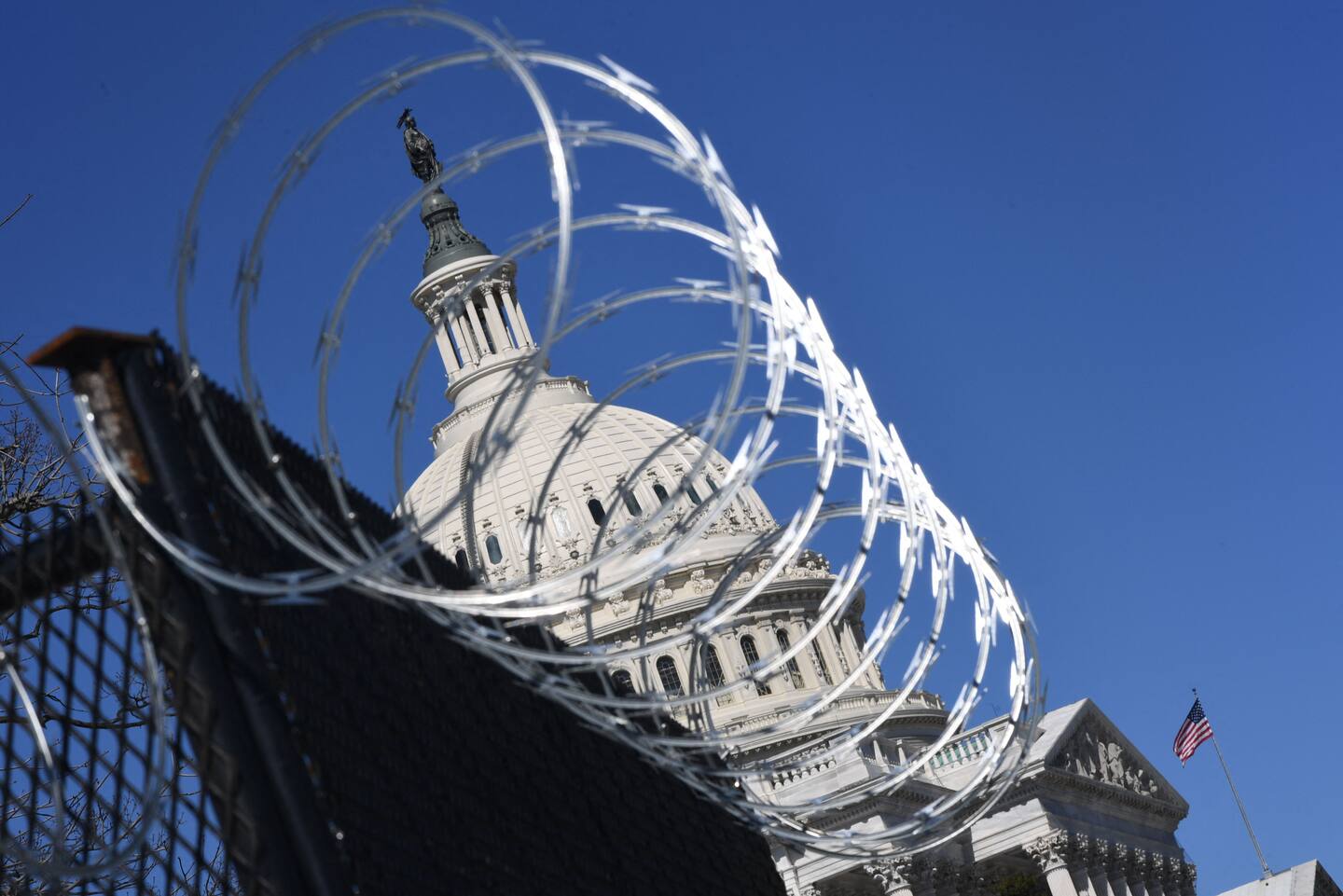Chamber of Commerce declines to rebuke members of Congress who voted to overturn 2020 election

“There is a meaningful difference between a member of Congress who voted no on the question of certifying the votes of certain states and those who engaged and continue to engage in repeated actions that undermine the legitimacy of our elections and institutions,” wrote Ashlee Rich Stephenson, a senior political strategist at the chamber.
She later drew a distinction between members of Congress who voted to overturn the election and those whose actions might have been more overt.
“Casting a vote is different than organizing the rally of January 6 or continuing to push debunked conspiracy theories,” Stephenson said. “We will take into consideration actions such as these and future conduct that erodes our Democratic institutions.”
The Chamber’s approach ― it waited months to take a position condemning “debunked conspiracy theories,” while declining to rebuke those who propagated them while Trump was president ― hints at a larger tension within the Republican Party and the business lobby.
Business leaders expressed shock and outrage when a mob of self-described Trump supporters stormed the Capitol building in a violent riot that killed five people including a police officer. Some of the Republican Party’s most generous donors, including AT&T, Comcast and Lockheed Martin, announced they would suspend donations to lawmakers who objected to the election results.
But few of them were willing to say how long the freeze in donations would last or whether it would play into the next election cycle when such a move would be most impactful. And some others declined to single out Republicans, opting to halt donations to both parties.
Longtime Chamber President Tom Donohue, who stepped down last month, was among numerous CEOs who broke with Trump in mid-November, encouraging a transition to the next administration.
In a 24-year tenure as the Chamber’s president, Donohue built the business lobby into a political powerhouse aligned closely with the GOP. But Donohue parted ways with Trump on issues like immigration and international trade, in which the president ran counter to long-standing GOP and corporate sector policies.
The new president, Suzanne Clark, must now navigate a complex political landscape in which Trump still holds sway with the Chamber’s traditional allies in the GOP.
Stephenson said elected officials should seek ways to “restore trust” in government by moving beyond partisan gridlock.
“We want to encourage, including through our support, members who reach across the aisle, who reinforce critical norms, and who do the hard work of governing,” Stephenson said in the statement.






